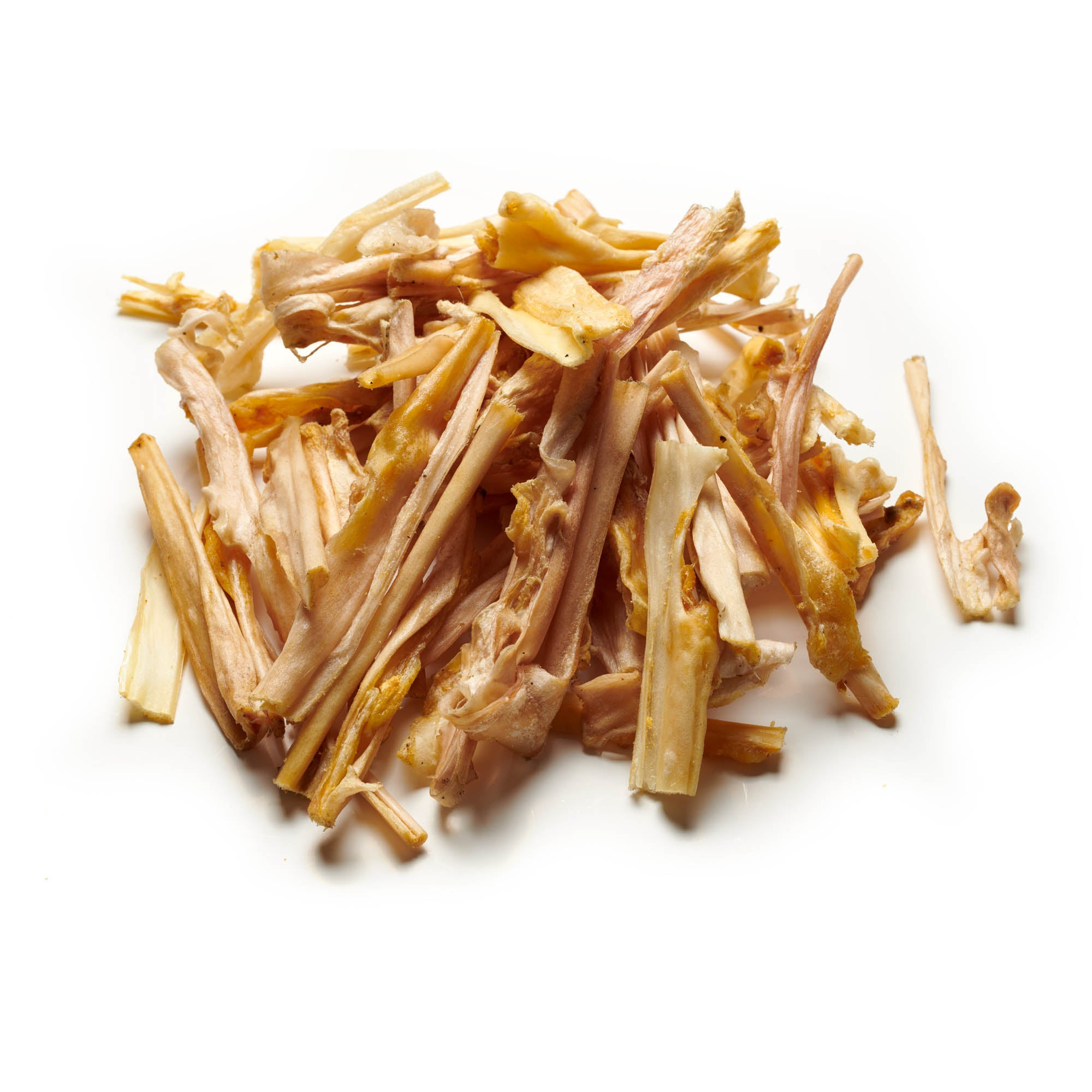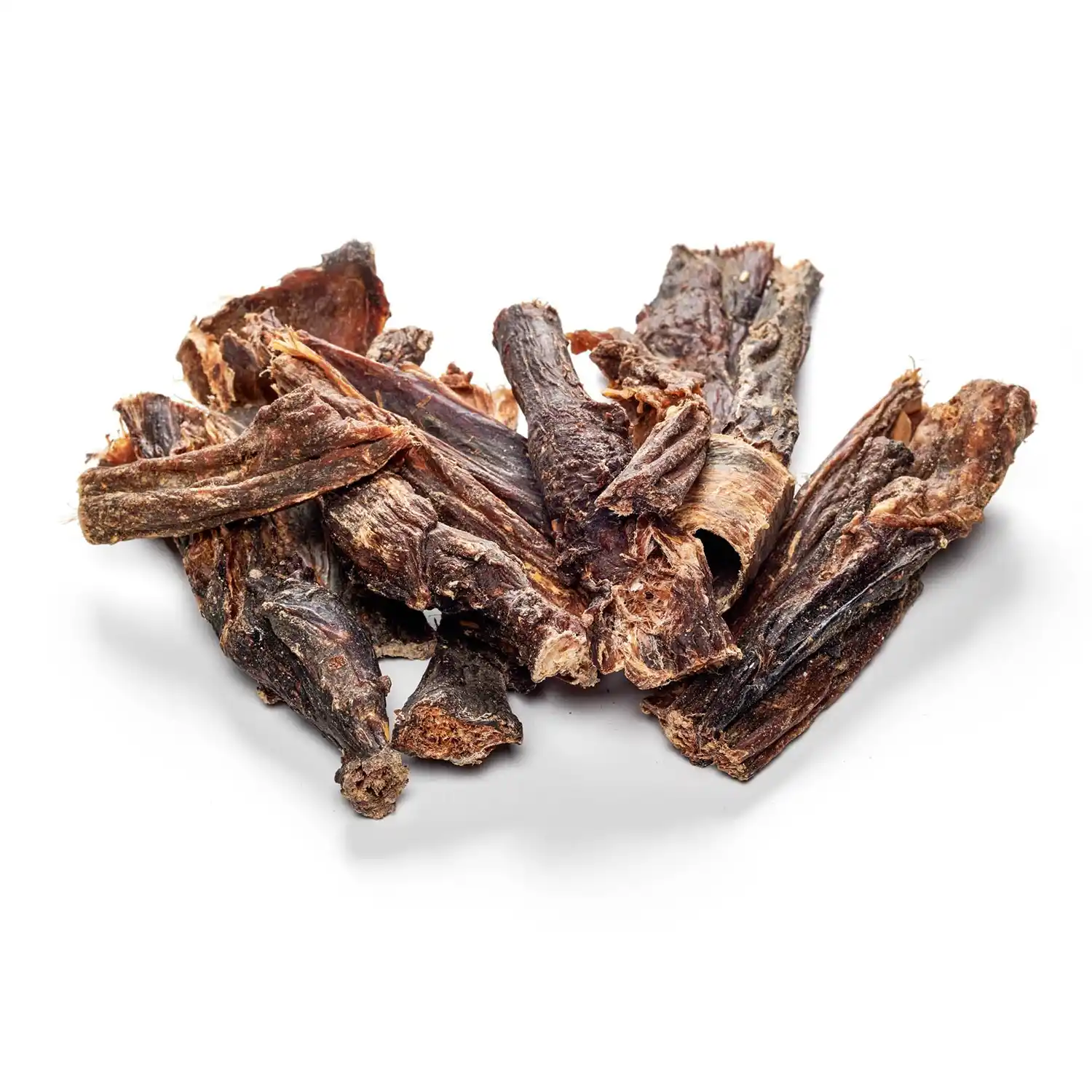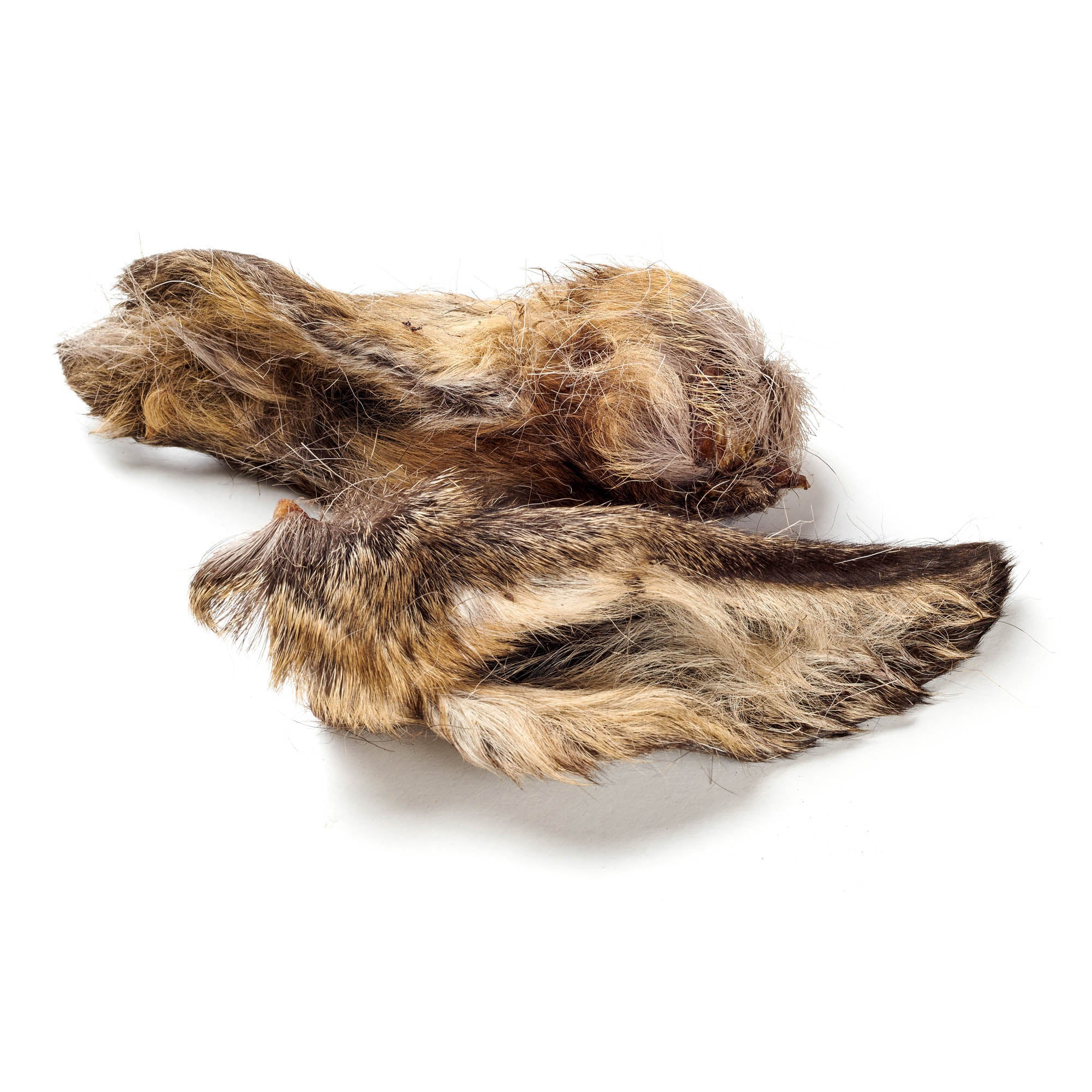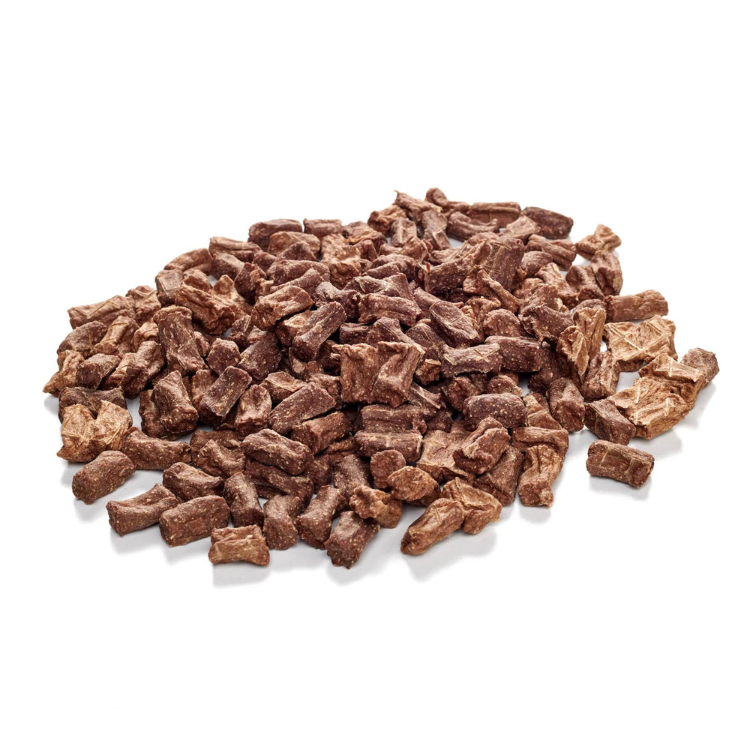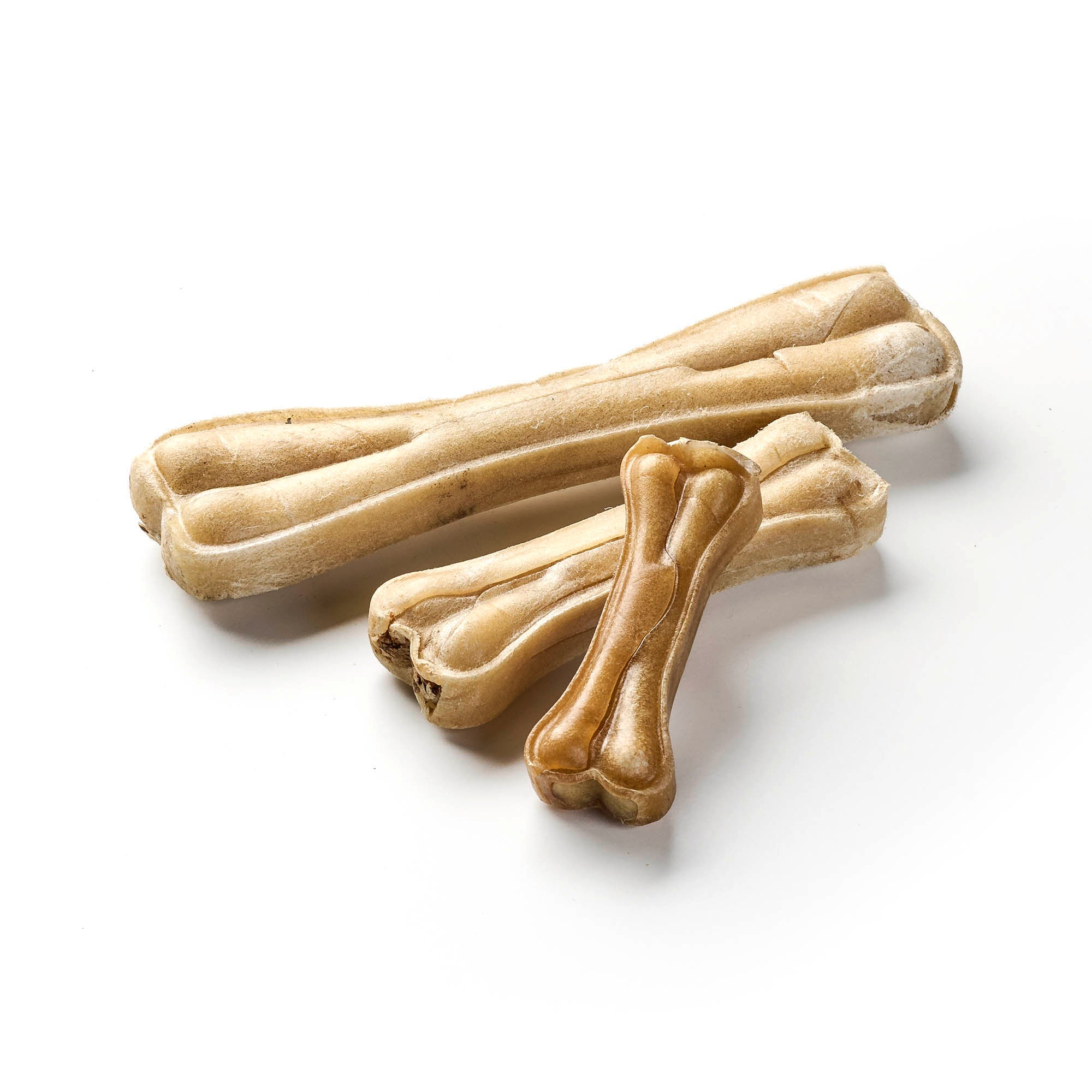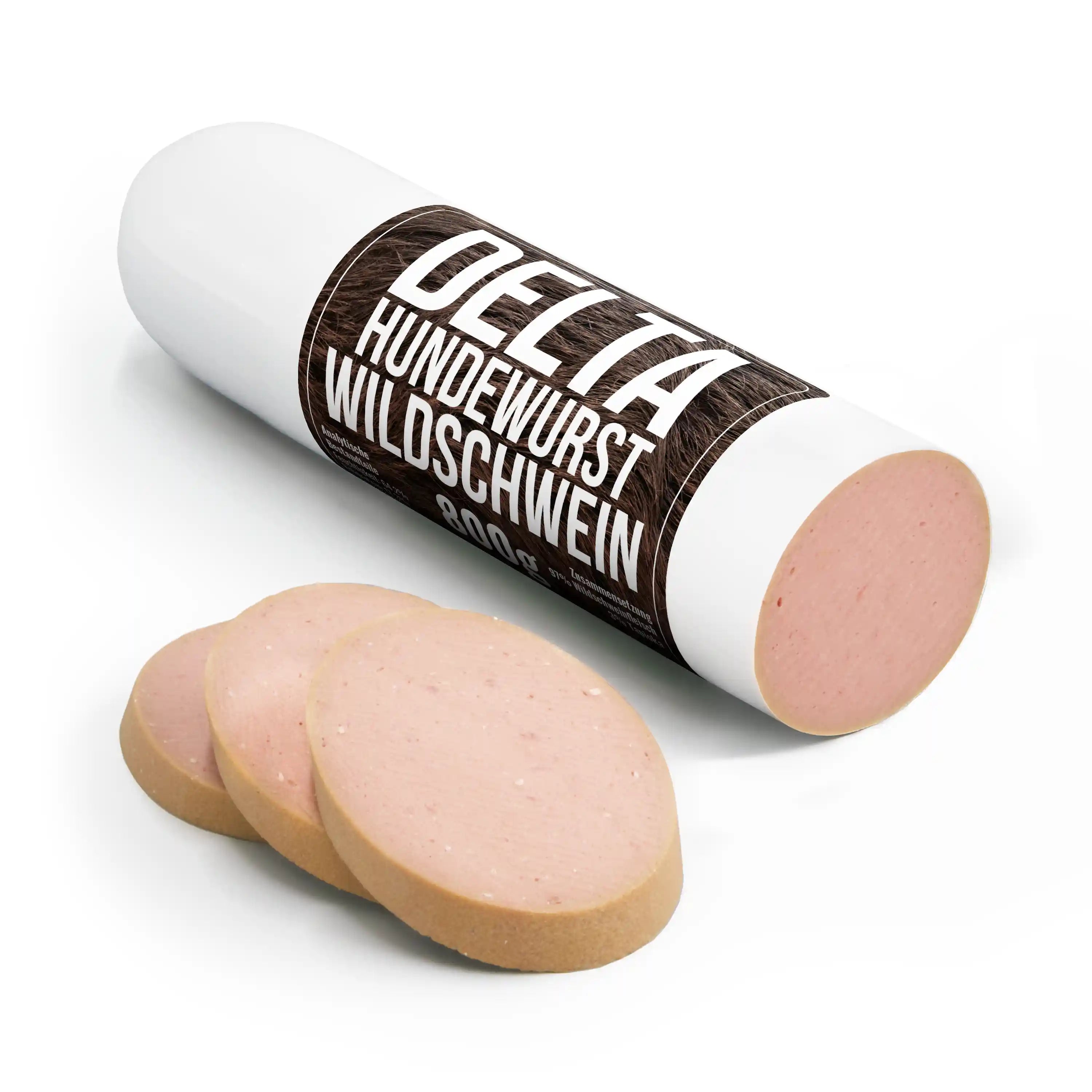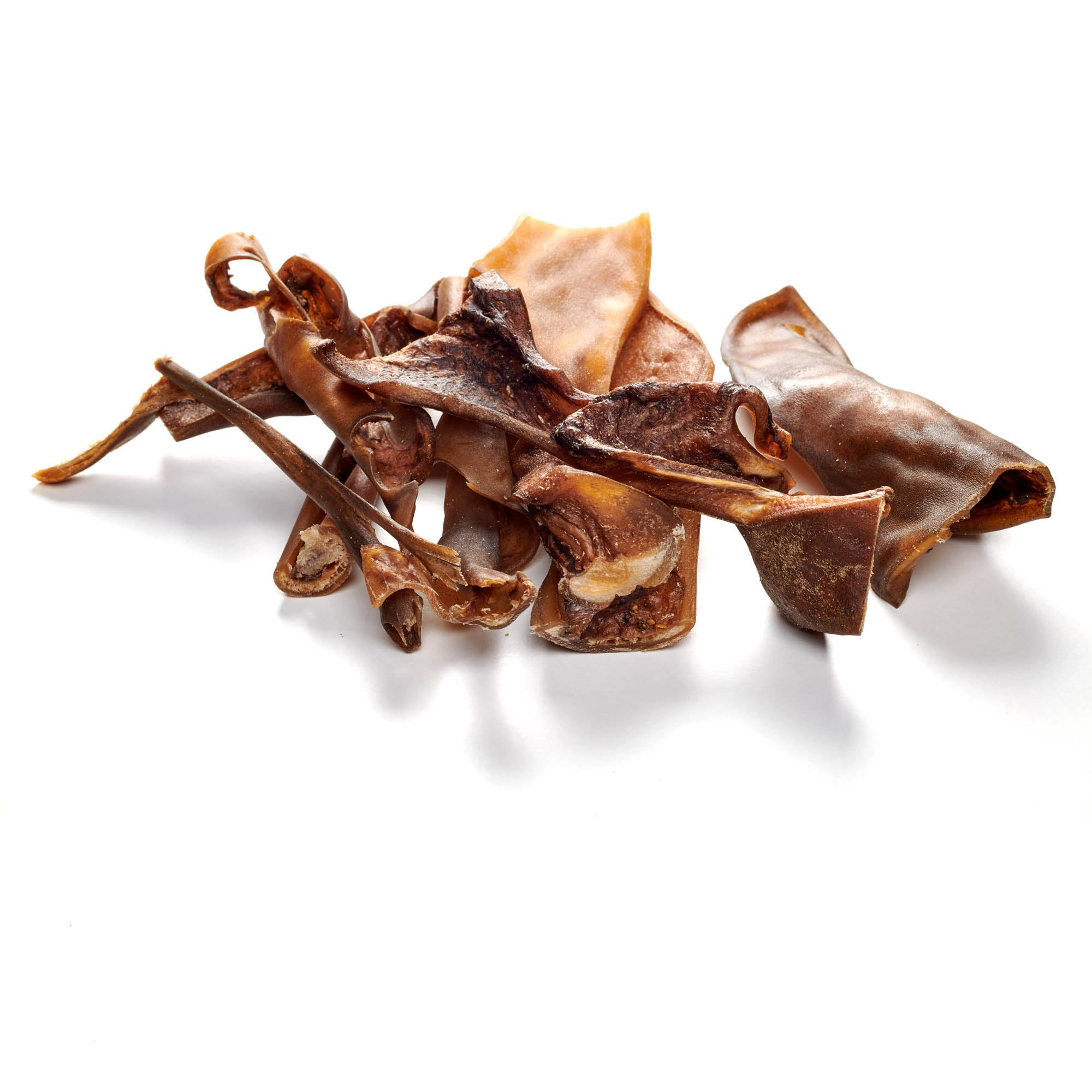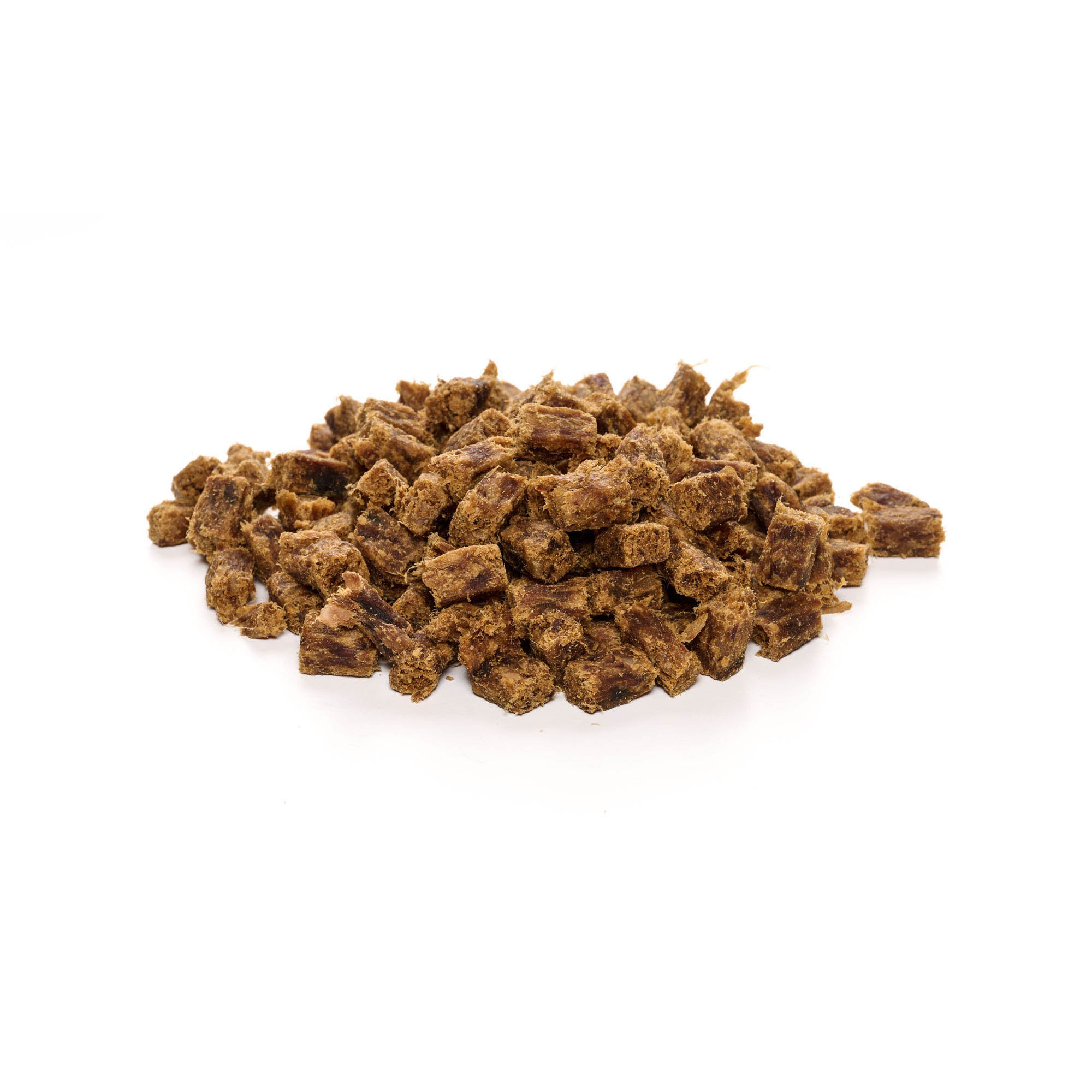
Earth dogs
Share
In this article, we will talk about Earth Dogs in detail. We will discuss the different hunting dog breeds that belong to this group, highlight their special characteristics and abilities, explain options for testing and training, and provide an insight into what it is like to hunt with an Earth Dog. We will also examine the suitability of Earth Dogs as family and farm dogs and discuss potential challenges.
Contents: What you should know about earth dogs.
- Earth dogs – specialists with heart
- Dachshunds come in three different size classes
- What characteristics define an earth dog?
- Areas of application of earth dogs
- Differences between earth dogs
- Tests for earth dogs
- No tasks for earth dogs
- Earth Dogs - Family Suitability
- Conclusion
Earth dogs – specialists with heart
The term earth dogs, also known as burrowing dogs, refers to a popular group of hunting dogs that were originally bred for burrow hunting. These dogs are characterized by their small body size, a slim chest and their extraordinary agility.
Make your dog happy with our tasty chews!
Dachshunds come in three different size classes
- Normal stroke (chest circumference over 35 cm)
- Dwarf breed (chest circumference 30 – 35 cm)
- Rabbit cut (chest circumference less than 30 cm)
What characteristics define an earth dog?
Earth dogs are particularly notable for their burrow-hunting ability. Their small size and impressive agility allow them to enter burrows and trick predators such as foxes and badgers into leaving the burrow, a process known as "pouncing."
These dogs are used to acting independently in dens and making independent decisions. They have the necessary game sharpness to exert enough pressure on the predators to make them leave the den. At the same time, however, they should also exercise enough caution to avoid conflicts in the den and prevent injuries.
A strong will to work, tenacity and the ability to reliably make noise are other characteristic features of earth dogs.
Areas of application of earth dogs
Earthhounds are mainly known for burrow hunting, but their skills are extremely useful in a variety of hunting situations. Their small size makes them perfect for rummaging through dense undergrowth and they can move skillfully through brambles. Their pronounced game-seeking ability also makes them valuable helpers in wild boar hunting.
The calm and determined way in which the earth dogs work, their determination and their excellent nose also make them first-class tracking dogs. They are predestined for working on blood trails to track down injured game.
To a limited extent, earth dogs are also suitable for retrieving feathered game and rabbits.
Tasks of the earth dogs before the shot:
- Construction work
- Browse
- Hunting for trail sounds
Tasks of the earth dogs after the shot:
- Welding work
- Retrieve
Reward your best friend with our dog treats!
Differences between earth dogs
Earth dogs vary mainly in their game-seeking ability, size and physical appearance. Smaller earth dog breeds, such as the dachshund, are ideal for hunting rabbit holes. In contrast, larger and heavier earth dogs are better suited to retrieving game.
Tests for earth dogs
Earthhounds can compete in a wide range of trials. It is vital that earthhounds successfully complete the suitability trial before being used in hunting situations.
- AP: Plant testing
- GP: Usage test
- Sp: Tracking test
- Warb: Water work
- WP: Forest test
- SwO: Welding test
- St: Association search examination
- BauN: Construction / Nature Work
- Kschl: Rabbit drag
- Vp: versatility test
No tasks for earth dogs
Earthhounds have the opportunity to take part in various tests, but it is very important that a earthhound successfully passes the suitability test before being used for hunting purposes. In some cases, this is also a prerequisite for taking out liability insurance for the dog, depending on the hunting liability insurance and the laws of the respective federal state.
Earth Dogs - Family Suitability
Most Earth Dogs can integrate well into families. However, it is important to note that they have a strong will of their own and require consistent training. When led by an experienced dog owner, they are often good with children and can also be a good choice as a second dog.
In addition, earth dogs can also be used as farm dogs.
Conclusion
In summary, earthhounds, also known as burrowing dogs, are a versatile group of hunting dogs. They specialize in burrow hunting, but their small size and agility also allow them to forage in dense undergrowth and brambles. Their game-seeking ability makes them useful partners in wild boar hunting, while their tracking skills make them excellent tracking dogs.
It is important to note that Earthhounds require consistent dog training and are not suited to all hunting tasks, such as pointing or pulling down heavy game. However, they can make good family dogs and farm dogs when in experienced hands.
Participation in tests such as the suitability test is of great importance to ensure that earth dogs can be used effectively in hunting situations. Overall, earth dogs are a valuable addition to the world of hunting and as companions in various environments.
Discover delicious dog snacks directly from our range!

